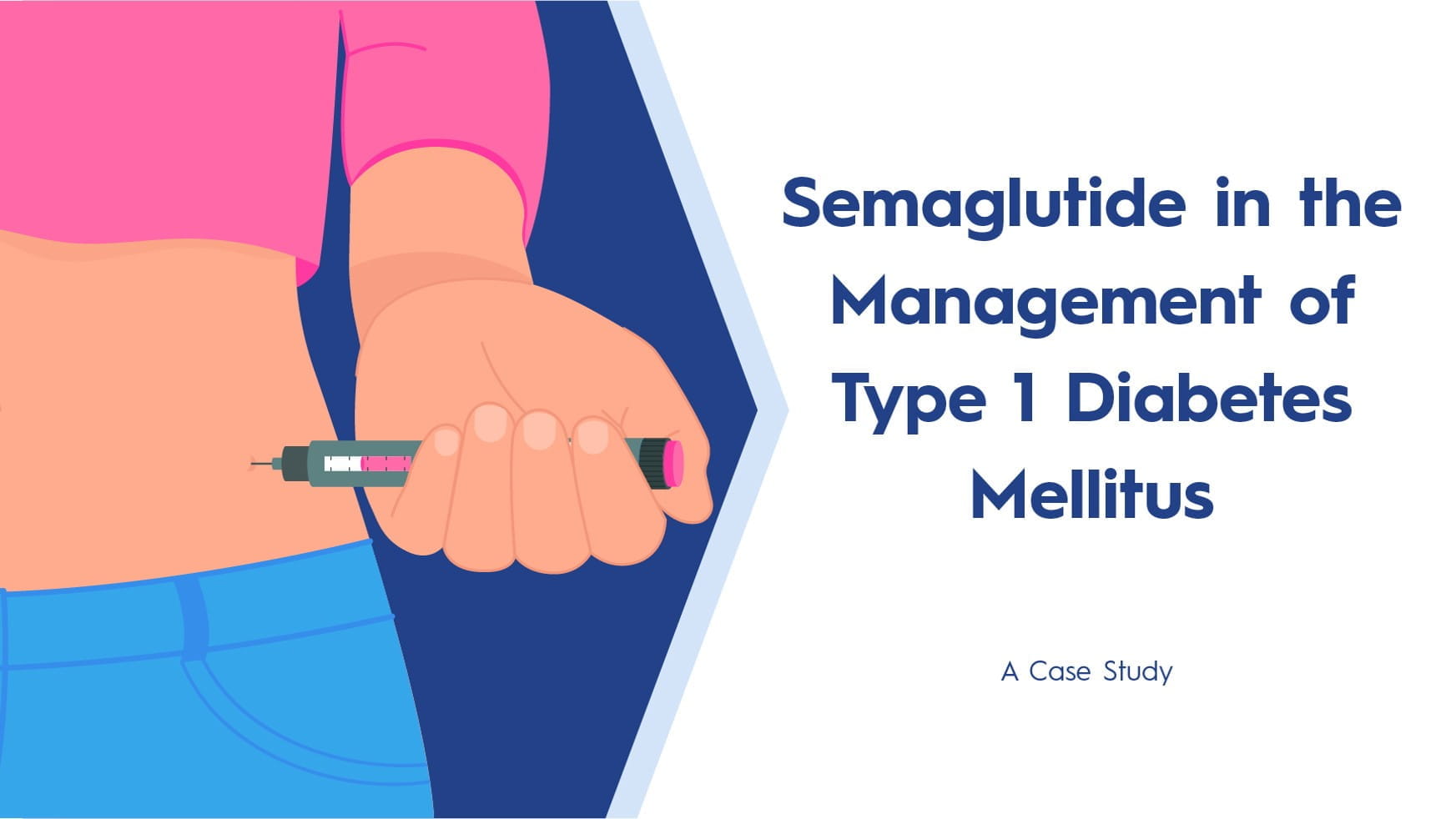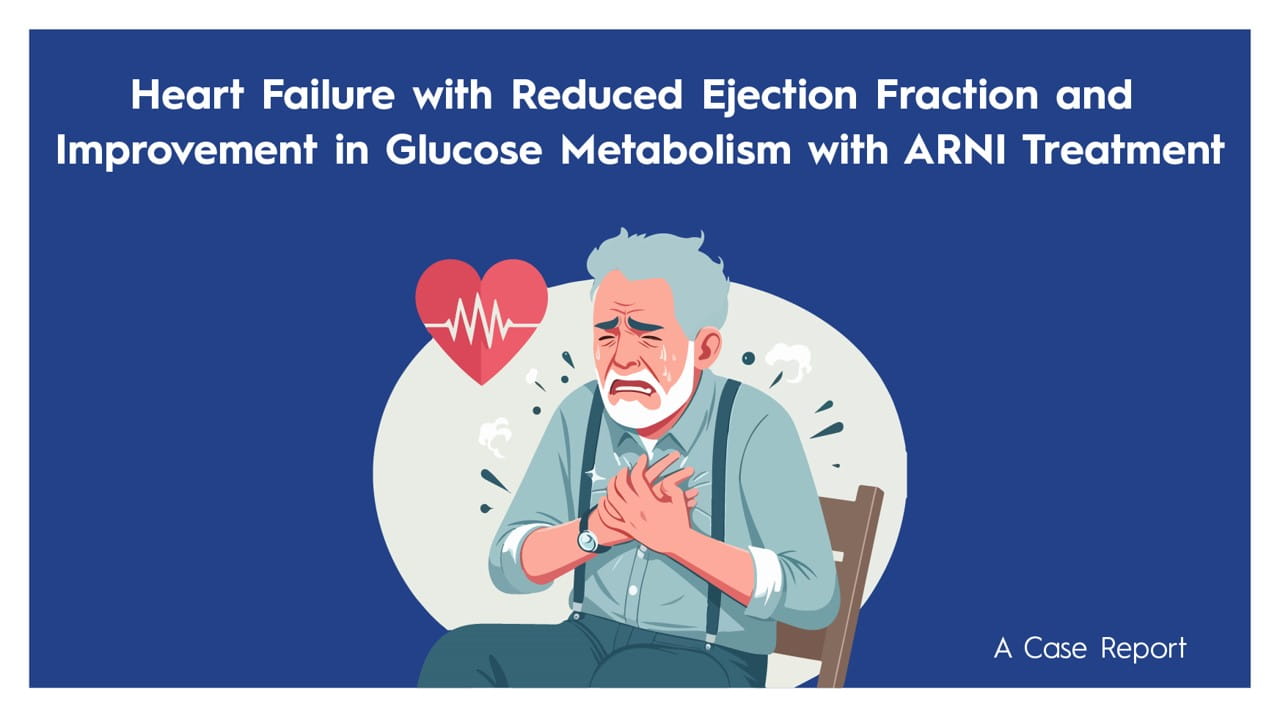ECO 2025: Gastric Microbiota-Specific Signatures in Adults with Obesity and Helicobacter pylori-Negative Gastritis: A Case-Control Study
Introduction:
Obesity has been linked to alterations in the gut microbiota, which may influence gastrointestinal inflammation and metabolic health. While Helicobacter pylori is a well-known cause of gastritis, the microbial landscape in H. pylori-negative gastritis, especially in individuals with obesity, is less understood.
Objective:
To investigate whether adults with obesity and H. pylori-negative gastritis exhibit distinct gastric microbiota signatures compared to matched controls without gastritis.
Methods:
- Design: Case-control study.
- Participants: Adults with obesity, stratified into two groups:
- Cases: Those with histologically confirmed H. pylori-negative gastritis.
- Controls: Obese individuals without gastritis.
- Analysis: Gastric biopsy samples were analyzed for microbial composition using high-throughput sequencing. Comparative analyses were conducted to identify microbial differences between groups.
Results:
- Participants: 67 adults included
- Gastritis group: 38
- Non-gastritis group: 29
- Microbial Diversity:
- Alpha diversity (evenness and Shannon indexes) was lower in the gastritis group.
- Beta diversity (weighted UniFrac distance) showed distinct microbial community structure in the gastritis group compared to non-gastritis.
- Microbial Composition: The gastritis group had higher relative abundances of:
- Families: Micrococcaceae, Streptococcaceae, Leuconostocaceae
- Genera: Streptococcus, Weissella, Cryptobacterium
- Functional Pathways: The gastritis group showed enrichment in microbial pathways related to:
- Toluene degradation
- Heterolactic fermentation
- Biosynthesis of secondary metabolites like ergothioneine and terpenoids
- Metabolic Outcome:
- Higher total cholesterol levels were observed 1 year after surgery in the gastritis group compared to the non-gastritis group.
- However, no significant within-group changes in cholesterol were seen from baseline to 1 year in either group.
Conclusion:
Results suggest that alterations in the gastric microbiome are associated with non-atrophic chronic gastritis in individuals with obesity, independent of Helicobacter pylori infection. These findings highlight the potential role of microbiota in gastric inflammation and may open avenues for microbiome-targeted interventions in obesity-related gastric disorders.
ECO, 11-14 May 2025, Malaga, Spain




